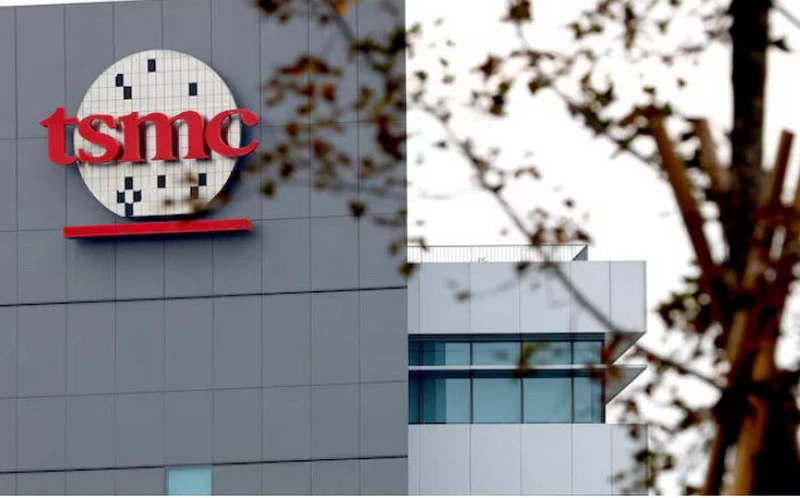
Taiwanese chip giant TSMC on August 20 started construction of its first European factory in the eastern German city of Dresden, as the European Union (EU) seeks to attract key supply chains.
German Chancellor Olaf Scholz and European Commission (EC) President Ursula von der Leyen attended the groundbreaking ceremony along with TSMC's senior management.
TSMC is investing about 3.5 billion euros ($3.9 billion) in the Dresden project and will own a 70% stake, while Dutch chipmaker NXP, Infineon and Germany's Bosch each own 10%.
The Dresden plant will produce semiconductors for Germany’s leading auto industry, which is transitioning to electric vehicles. Around €10 billion has been poured into the massive project.
The German government is supporting the Dresden plant with $5 billion, and has been exempted from EU state aid rules for the operation.
The plant is expected to provide about 2,000 jobs and begin production before the end of 2027.
The plant will have a monthly production capacity of 40,000 300mm silicon wafers - one of the most advanced technologies.
Taiwan has a strong semiconductor industry, thanks in large part to TSMC's dominance. But the industry's supply chain is highly vulnerable to geopolitical developments, so TSMC needs to expand its operations by building factories elsewhere in the world.
Meanwhile, Western countries are stepping up efforts to attract semiconductor manufacturing.
“We (the EU) depend on semiconductors for sustainable technologies in the future,” Mr. Scholz stressed on August 20, “but we must not depend on chip supplies from other parts of the world.”
In July 2024, TSMC announced a sharp increase in net profit in the second quarter of 2024, thanks to global demand for artificial intelligence (AI) products.
TSMC said its second-quarter net profit was NT$247.8 billion ($7.6 billion), up 36% from NT$181.8 billion a year earlier. Its second-quarter revenue rose 32% to US$20.82 billion.
The company's vice president and chief financial officer, Wendell Huang, said the second-quarter business was supported by strong demand for 3nm and 5nm chip manufacturing technologies.
Moving into the third quarter, TSMC expects strong demand for smartphones and AI-related technologies to boost its business. TSMC estimates third-quarter revenue will increase to $23.2 billion.
In July 2024, the Taiwan- and New York-listed group broke the $1 trillion market capitalization threshold, surpassing Tesla to become the world's 7th most valuable technology company.
In July 2024, the Taiwan- and New York-listed group broke the $1 trillion market capitalization threshold, surpassing Tesla to become the world's 7th most valuable technology company.
With customers like Apple and Nvidia, TSMC controls more than 50% of global semiconductor wafer production.
Following the rapid success of ChatGPT, TSMC is now at the forefront of generative AI innovation, ramping up production of the world's most advanced chips, used in products manufactured in Silicon Valley.
TSMC previously said it would put its new chip manufacturing technology called "A16" into production in the second half of 2026, thereby opening up strong competition with longtime rival Intel in producing the world's fastest chips.
Kevin Zhang, senior vice president of business development at TSMC, said the company has developed the new A16 chip manufacturing process faster than expected due to demand from AI chip companies, but did not name specific customers.
TSMC doesn't believe it needs to use ASML's new "High NA EUV" extreme ultraviolet lithography machine to build the A16 chip, Zhang said.
Intel previously said it would be the first company to use the machines, which cost $373 million each, to develop its 14A chips.
In addition, TSMC also revealed a new technology to power computer chips from the back of the chip. This technology will help speed up AI chips and will be launched in 2026.
Intel has also announced a similar technology, which is expected to be one of the company's key competitive advantages.
Previously, TSMC committed to using only renewable energy sources at its factory in Kikuyo town, Kumamoto prefecture on Japan's Kyushu island.
For chipmakers that need to use large amounts of electricity continuously, renewable energy is costly, but TSMC is working to reduce emissions not only out of corporate responsibility but also to meet the requirements of major customers.
Along with TSMC, a growing number of businesses in Kyushu, the third largest of Japan's four main islands, are turning to renewable energy.
TSMC also plans to use renewable energy sources at all of its other overseas factories. Chip factories operate around the clock and use a lot of electricity. The more advanced the technology, the more electricity it uses.
In Taiwan, TSMC alone will use nearly 21 billion kWh of electricity in 2022, accounting for a significant percentage of the total electricity consumed in the territory./.
Source: https://www.vietnamplus.vn/ong-lon-nganh-ban-dan-tsmc-xay-dung-nha-may-dau-tien-tai-chau-au-post971597.vnp


![[Photo] T&T 1 and Ho Chi Minh City 1 People's Police Teams won the men's and women's team championships](https://vphoto.vietnam.vn/thumb/1200x675/vietnam/resource/IMAGE/2025/5/22/39db06ae67cb4001b7a556e8d9a56d07)

![[Photo] General Secretary To Lam chairs a working session with the Central Internal Affairs Commission](https://vphoto.vietnam.vn/thumb/1200x675/vietnam/resource/IMAGE/2025/5/22/3b7790f499da45b2803d8ae253207ef1)
![[Photo] Press delegation meeting to visit Truong Sa and DK1 Platform](https://vphoto.vietnam.vn/thumb/1200x675/vietnam/resource/IMAGE/2025/5/22/6b8d232877ec421a9e8187d83b9f8006)

![[Photo] Prime Minister Pham Minh Chinh chairs meeting on draft Resolution of National Assembly on International Financial Center in Vietnam](https://vphoto.vietnam.vn/thumb/1200x675/vietnam/resource/IMAGE/2025/5/22/d398664ff1a140629169ea5a24e1b4d0)


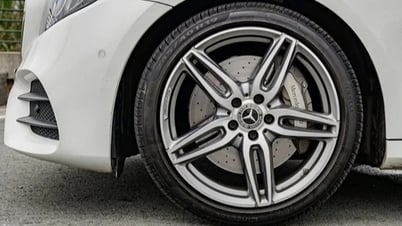



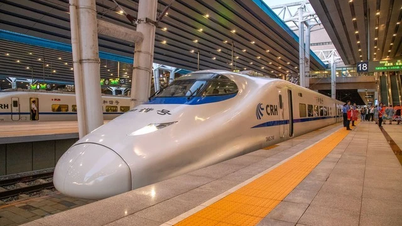
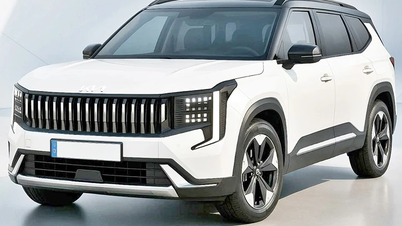




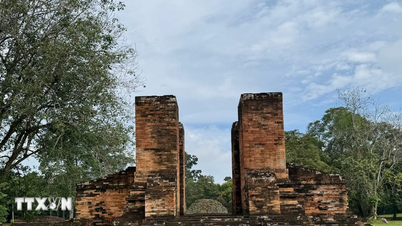

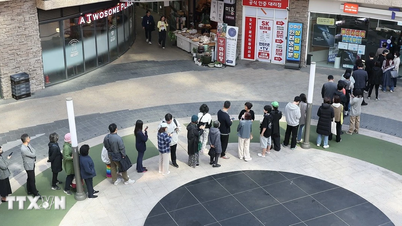
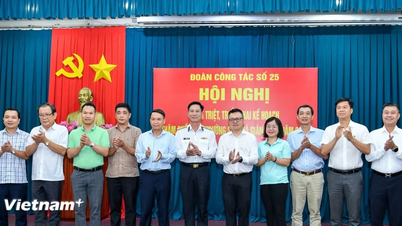
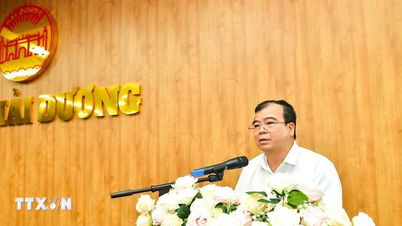
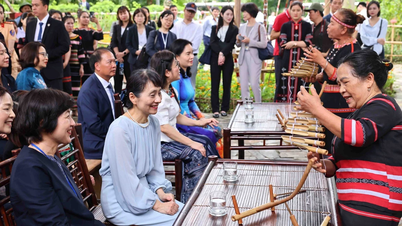


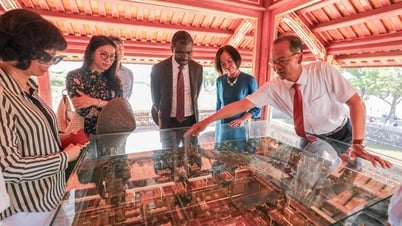
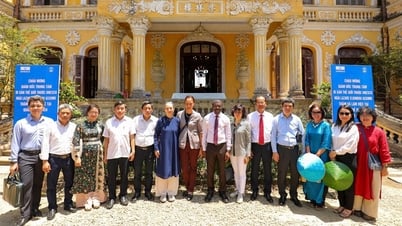










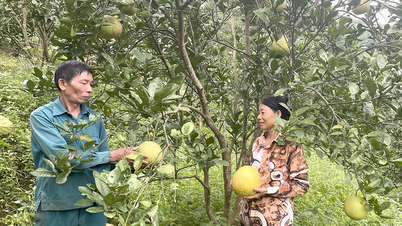








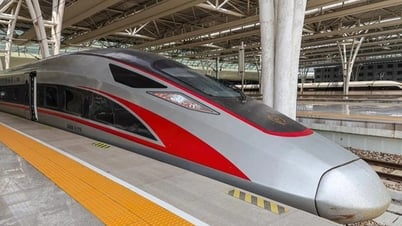
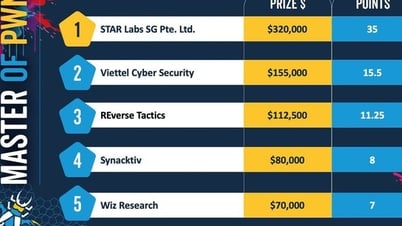




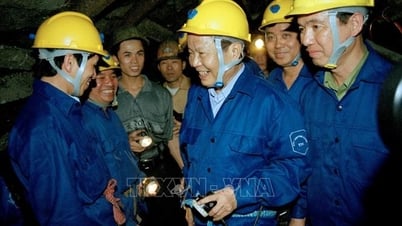
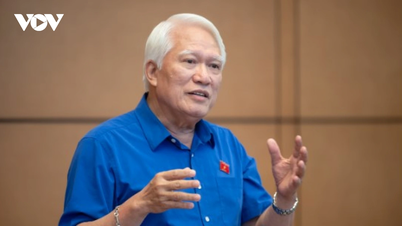




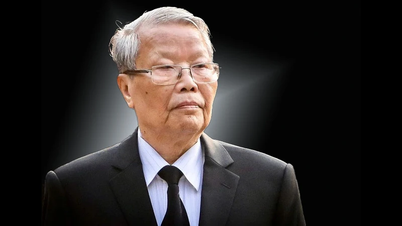
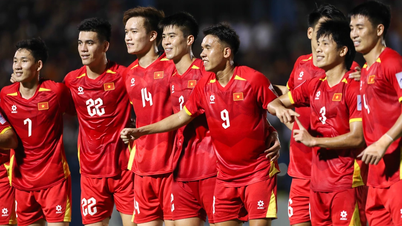

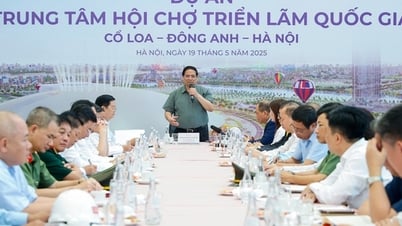

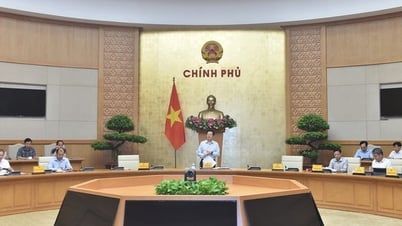
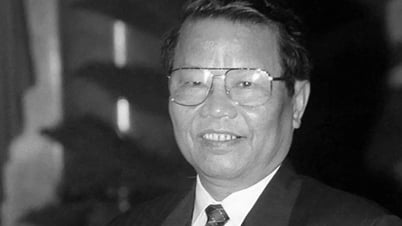
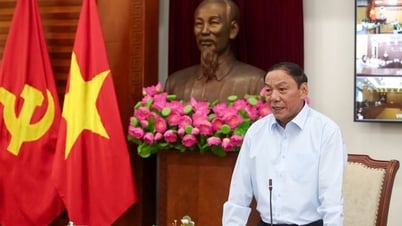
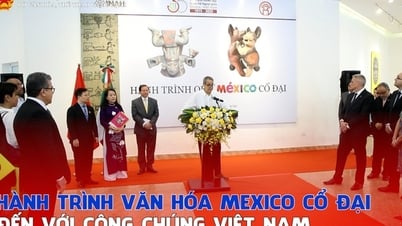
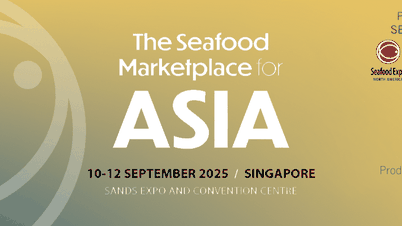









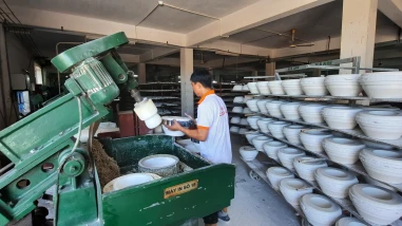







![[Podcast] Week introducing more than 500 OCOP products in Hanoi](https://vphoto.vietnam.vn/thumb/402x226/vietnam/resource/IMAGE/2025/5/22/d144aac2416744718388dbae3260e7fd)



Comment (0)